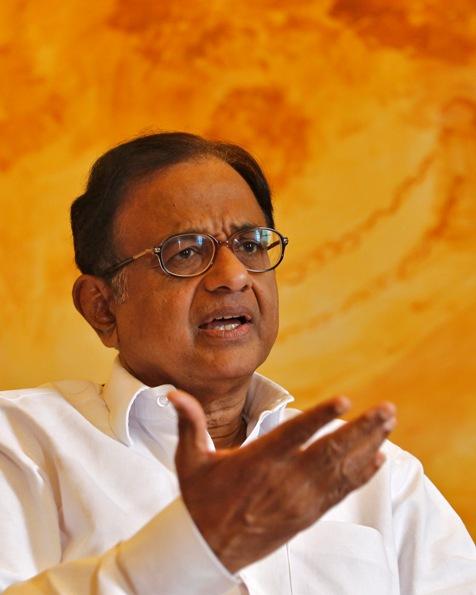
Interim Budgets are usually presented in an election year either just before the general polls or immediately after them.
In his first interim Budget, will Chidambaram follow his predecessors’ example and make politically significant overtures to voters or break with tradition?
In just about three weeks from today, Finance Minister P Chidambaram is expected to present the interim Budget for 2014-15.
This will be Chidambaram’s first interim Budget in his long stint as finance minister under different governments that saw him present eight full Budgets in post-reforms India.
So, what can Chidambaram do in his maiden exercise next month?
…
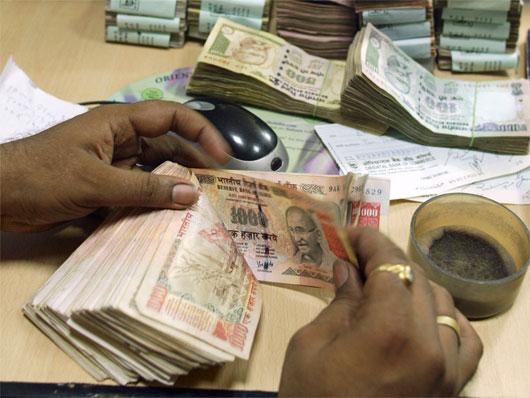
Interim Budgets are usually presented in an election year either just before the general polls or immediately after them.
A government that is about to complete its five-year term and has already presented five full Budgets is required to come up with an interim Budget.
This allows the government to draw funds from the exchequer and keep its administration and finances running for a period of about four months before which elections can be held and a new elected government is put in place with enough time for it to present a full Budget for the year.
The last two interim Budgets, in February 2004 and February 2009, were presented under these circumstances. A similar situation has arisen this year and is the reason for Chidambaram to present the interim Budget next month.
An interim Budget becomes necessary also when a new government is formed but does not have enough time to present a full Budget before the end of the financial year beyond which it has no power to draw money from the Consolidated Fund of India.
…
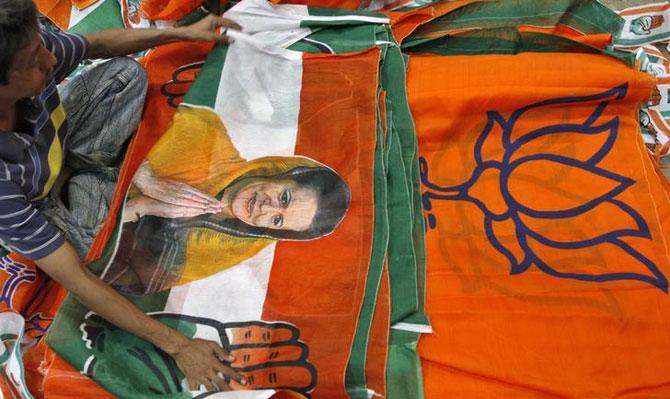
The newly formed Bharatiya Janata Party-led government of the National Democratic Alliance presented an interim Budget in March 1998 immediately after the elections and later followed it up with a full Budget in June that year.
The need for an interim Budget, therefore, arises largely out of the timing of the general elections.
If the elections are held sometime in the middle or the latter half of a financial year, interim Budgets are not required. Only when general elections are scheduled in the first quarter of the financial year, the government has no option other than an interim Budget.
It is clear that though interim Budgets are needed for the financial reasons of keeping the government running, those that are presented before the elections are inevitably prone to use – or even misuse – by the ruling party to make politically significant overtures to voters.
…
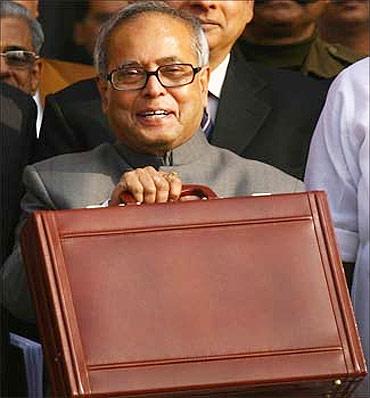
Take, for instance, what Pranab Mukherjee said in his February 2009 interim Budget speech before commending it to the House.
Nothing could have been more brazenly political than that, and that too in a Budget speech! Mukherjee had said: “Mr Speaker, Sir, our people will soon be called upon to exercise their democratic right to choose the next Government. The Indian people have … seen how our Government has successfully steered the country through difficult times… I have no doubt that when the time comes, our people will recognise the hand that made it all possible. The hand that alone can help our nation on the road to peace and prosperity.”
Of course, Mukherjee steered clear of making any tax proposals. But he outlined the government’s broad policy agenda for growth and increased the financial allocation for several pet programmes of his government like the National Rural Employment Guarantee Scheme, the Sarva Shiksha Abhiyaan, the midday meal scheme for school-going children, the Jawaharlal Nehru National Urban Renewal Mission and the Rajiv Gandhi rural drinking water scheme.
Higher financial allocation was seen to be a signal that the government, if returned to power after the elections, would fulfil those commitments.
…
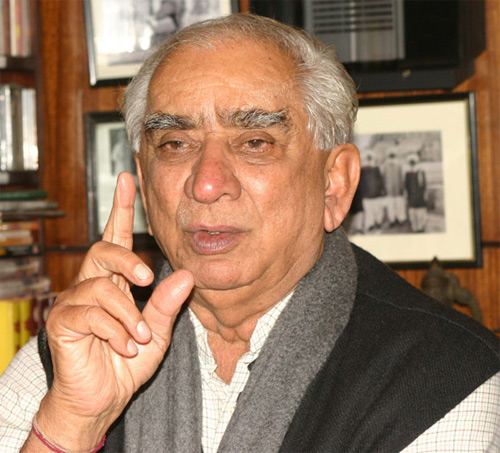
Jaswant Singh, who presented the interim Budget on February 3, 2004, was not that explicit in his speech. He did not express any hope that the people would repose their faith in the lotus (the BJP’s election symbol) in the ensuing elections.
But he did something more dramatic and announced a few fiscal concessions in his interim Budget. This was over and above the new schemes he announced, such as the setting up of six new all-India institutes of medical sciences, providing credit for farmers at lower interest rates, making the Kisan credit cards acceptable at banks’ automated teller machines, reducing stamp duty for property registration by half and extending the Antyodaya Anna Yojana to tribal states and distressed regions of the country.
The fiscal concessions Singh announced pertained to the extension of tax benefits to new power projects for four years beyond 2008 and of long-term capital gains tax exemption for listed equities for three more years beyond 2003.
He even relaxed with immediate effect the Customs rules by raising the tax-free baggage allowance from Rs 12,000 to Rs 25,000 for an individual.
…
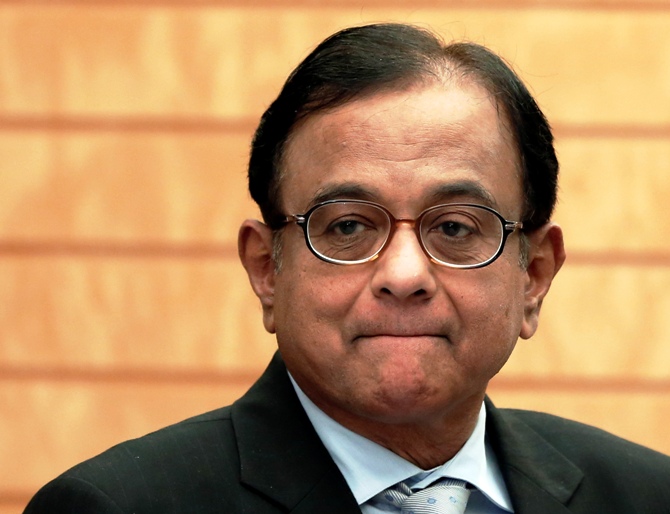
In addition, he proposed a new tax system for the shipping industry and suggested that there was need to abolish capital gains tax on farmers’ income from land sale, improve the efficiency of the tax administration system, revise the standard deduction amount for individual taxation and revisit the income-tax exemption limit for individuals.
All these announcements did raise the eyebrows of purists, who wondered whether a finance minister could make such promises with clear financial implications in an interim Budget.
If Mukherjee was openly asking the people to vote his party back to power in an interim Budget speech, Singh was even more brazen by making tax changes and promising specific taxation sops to individuals in an exercise that should have restricted itself to merely seeking Parliament’s nod for continuing with the routine government expenditure before a new elected government could present a full Budget.
For Chidambaram, therefore, the question could be whether he follows his immediate predecessor, Mukherjee, or treads the more controversial path chosen by Singh. Or will he set a new precedent?